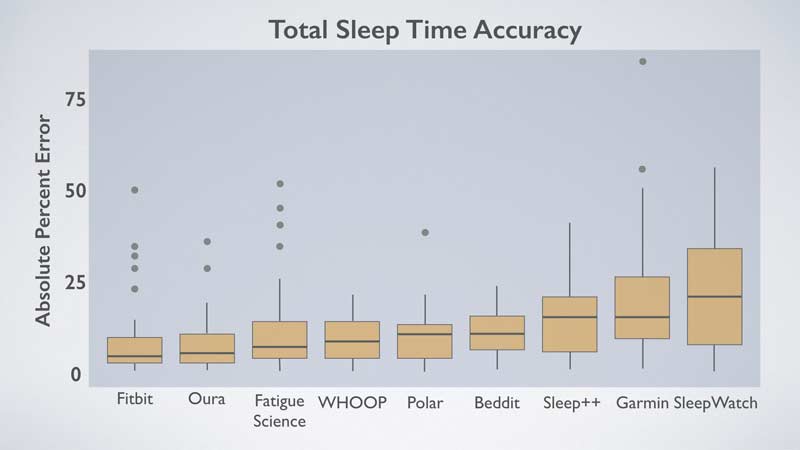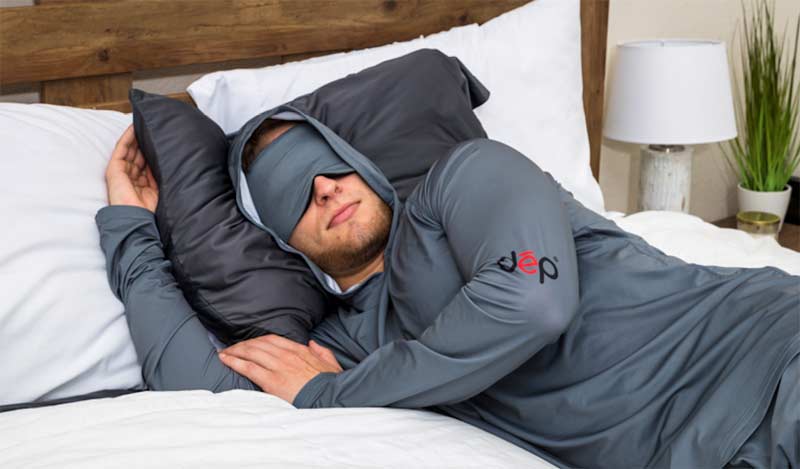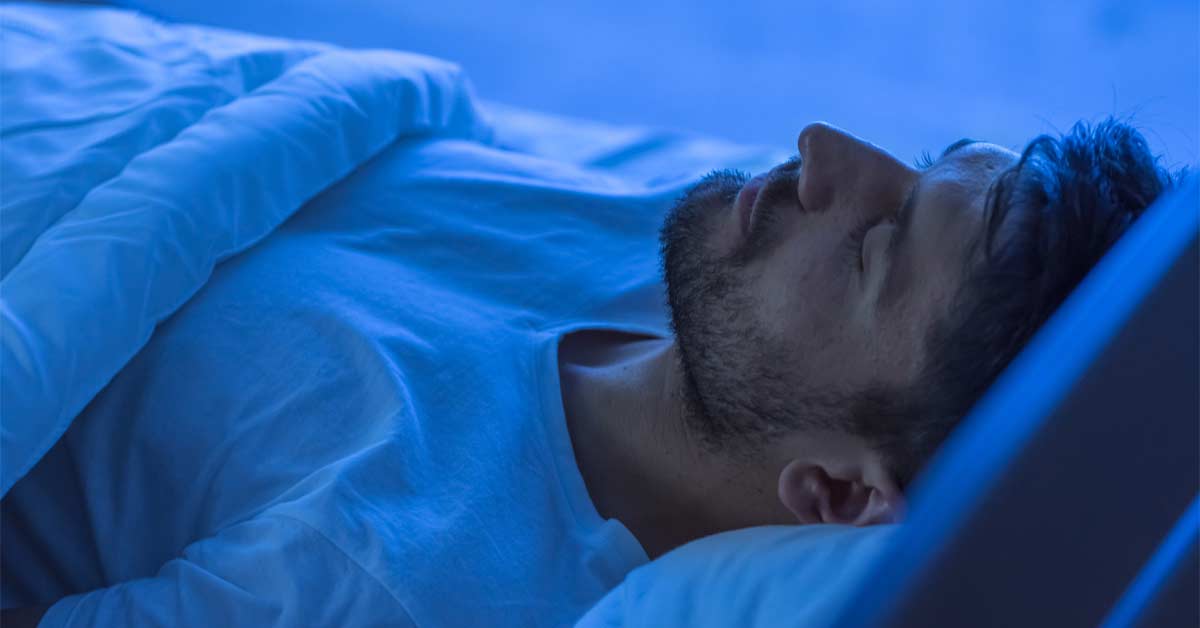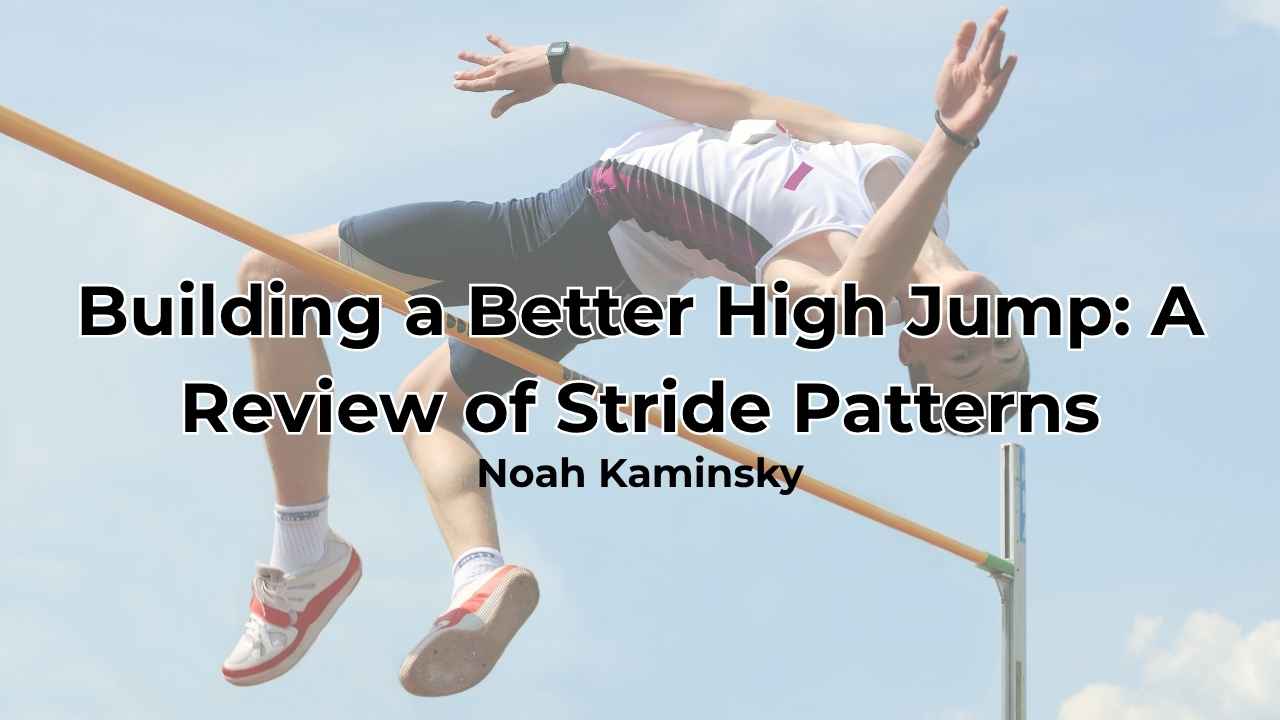Tired of seeing infographics on the internet on how to get better slumber but still seeing athletes fall asleep during class? Me, too. The athletes following sleep hacks would be better served by something more habit-based instead of quick fixes.
Sleep is a complex and sometimes medical condition that can’t be solved with a few small modifications. However, some behavior changes do matter, such as managing anxiety and stress. In this blog I cover the good, bad, and ugly regarding sleep hacking. This isn’t just about debunking sleep hack myths, it’s about sharing concrete solutions to actually sleep better. Also included are some tips on monitoring sleep so you can truly see if all of the “marginal gains” are actually adding up.
Wherever you find your athletes on the performance spectrum, think about making sleep a core factor in the recovery process and you will see the results down the road.
Wherever you find your athletes on the performance spectrum, think about making sleep a core factor in the recovery process and you will see the results down the road, says @spikesonly. Share on XDeep Sleep Requires Deep Roots
During the COVID-19 pandemic, we have seen a lot of discussion regarding mental health and anxiety. For good reason: it’s a scary time and the feeling of dread, especially in America, is at an all-time high. If you are struggling with this fear or financial strain, lowering the thermostat two degrees will not do much when you don’t want to be in such a miserable situation.
The whole world can now understand the feeling of a lockdown and fear of the unknown. But COVID-19 isn’t the only problem athletes are facing. In the HBO documentary The Weight of Gold, Michael Phelps opened up about his struggles after swimming. Without sports, especially the highest level, some athletes fail to have an identity or direction and can experience dark times. Sometimes suicidal tendencies become a reality.
Some problems are less obvious, like poor sleep. Mild enough to go unnoticed by the untrained eye, but big enough to hold an athlete back from being their best.
We coaches sometimes fail to monitor the person versus monitoring their symptoms. I find it embarrassing the lack of wellness data coaches have, and that to me is a bigger sign than a force profile on a vertical jump. If we don’t foster communication, all of the motivational quotes in the weight and locker room are just window dressing.

Sleep is a major health vital. I still believe and employ Heart Rate Variability and other physiological monitoring tools, but wellness questionnaires coupled with real private chats are essential. Coaches claim they have strong connections with their athletes, but if (God forbid) an athlete is hospitalized from an overdose, those data points in your head don’t matter much.
Now, with smartphones, we need more than ever to safeguarded athletes’ mental health. Better sleep starts with better mental wellness. A deluxe mattress and a cool, quiet, and dark room help, but only with a foundation of mental and emotional wellbeing. Sleep hygiene and other factors are part of the equation, but the main variable is between the ears of an athlete who has the same needs as regular Joes and Janes.
The Sleep Chicken and the Egg
I try to remind coaches that sleep is not a magic eraser. Sleeping deeper and longer is only likely if the training is smart and proper. An athlete can spend sleepless nights staring at the ceiling if they are overtraining, and can be scared to hear an alarm clock if they have joints that feel sore and broken down. An athlete can also feel their heart race when they know their practices and workouts will be compromised by incompetent coaches when they compete the next day.
Sleep is not a fix. It’s part of a winning formula that requires training to be optimal. So many coaches expect adding an hour or two of sleep is going to resurrect a poorly-designed training program. Sorry, it doesn’t work that way.
Sleep is not a fix. It’s part of a winning formula that requires training to be optimal. Many coaches expect adding an hour or 2 of sleep is going to resurrect a poorly-designed training program. Sorry—it doesn’t work that way. Share on XSleep requires great training, and great training requires great sleep. Both are required or something is given at the wrong time.
For some athletes, telling them to get better sleep just means they’ll be in bed longer without much benefit. However, many athletes will make improvements in recovery if they add an hour or so to their daily sleep cycle. In no way am I saying focusing on getting more sleep is futile. I just don’t want coaches expecting miracles or prescribing more time in bed if the training isn’t up to par with recovery.
Common mistakes I see in training are under-preparation in the off-season and too much focus on identity during the season. It’s ok to add in training that will not increase your maximum velocity, maximum bench press, and maximum aerobic speed. Sometimes minimum low-intensity work balances your athletes so they can be healthy and happy, two metrics that must be respected if you want them to thrive in the long run.
The Little Things Do Add Up
Sometimes a placebo or small breakthrough comes from a tiny modification to a routine. Be careful, though: rituals and routines are not the same. A ritual is a nearly-religious and inflexible belief that can be crippling, while a routine is a process without baggage. Also, routines are usually supported by scientific evidence, while a ritual sometimes is laced with superstitions. Focus on routines and actions that are controllable.
Specific details, such as timing of interventions and working on maximizing sleep, start with adhering to a sleep pattern. Most athletes know what is best for them regarding their chronobiology but sometimes school and work get in the way. Getting up and going to bed at the right time is about discipline prevailing over difficulty. It’s not hard to get to bed at the right time consistently, but it is hard to give up the things that prevent you from doing so.
It’s not hard to get to bed at the right time consistently, but it is hard to give up the things that prevent you from doing so, says @spikesonly. Share on XOnce athletes are getting to bed consistently and waking up on time, then their sleep hygiene routines begin to matter. Start backwards with winding down after dinner and make sure caffeine is not used in the afternoon. I don’t allow stimulants in my program anymore, unless it’s naturally occurring in a cup of coffee or tea in the morning.

Additional factors like aromatherapy, supplementation, bed technology, mindfulness, and even gratitude can be done only if it’s self-selected. Athletes will do what they want, so figure out what they like to do or are willing to try first before prescribing anything new. Sometimes the stress of a routine is too much, so keep it short and sweet. One small addition to a sleep routine is enough to start.
More extensive resets may be necessary, but we do know sleep interventions matter if they are done properly. Hacks are not necessarily a bad concept, it’s just that without the primary basics they are just too minor to do anything significant.
If I had to do things over again, I would have prescribed recommendations after profiling athletes instead of just stressing the importance of sleep. Sleep education is not worthless, but education without action is just hot air in my opinion. If you are going to prescribe interventions or small behavioral changes, focus on knowing what is going to be done regularly and do just enough to keep things sharp, but not transform sleep hygiene into a chore or burden.
Monitoring: For Serious Coaches Only
Now comes a brutal reality check. If something is not measured, it’s likely not managed or improved. Data is now a four letter word for many coaches who have found that objective truth is often not pleasant. When sleep monitoring became mainstream, it was humbling to see how athletes simply were not getting the sleep they claimed. It wasn’t until I added HRV and sleep monitoring did I fully see the nearly perfect relationship between stress and sleep.
It’s fine to assume or hope the subjective wellness questionnaire is true, but objective measures are needed. The combination of both subjective and objective data is king. Without it, coaches are just speculating and blindly guessing. Making the claim that you are getting great results or doing a great job can’t be done by self-reporting. Just because in your mind you are a great coach, that doesn’t hold water when you check under the hood professionally.
Start monitoring with a wellness questionnaire and commit to it. I’ve written about it frequently here and on other websites, and the reason I am so supportive is that it reveals so much if you actually use the information collected. Data isn’t a cold number, it’s simply information that is communicated back and forth. The better the information, the more someone can help, and that means asking deeper, more detailed questions, rather than starting from behind each time.
Data isn’t a cold number, it’s simply information that is communicated back and forth. The better the information, the more someone can help, & that means asking deeper, more detailed questions, rather than starting from behind. Share on XAfter the self-reporting begins, then you can add a validated device and start automating the process. Both are needed, as athletes should continue to be in touch with their body instead of becoming overly-reliant on technology. Focus on getting them just enough information to make progress.
Sustainability of sleep and wellness factors is hard. How does an athlete stay interested in the little things or the fundamentals? Well, that is up to you to solve. I have my own personal bag of tricks, some I have shared and some will be for me only as I still have wars to fight.
My suggestion is that team culture is about making standards clear and available. Passing out the proverbial athletic handbook from your athletic director or creating your own team guidelines is one of the more boring things you can do. Guess what, it works though. I still have the handbook as it’s a constitution of sport and something I use today. If you don’t have one, write out team rules, policies, and other important points that your athletes need to be aware of. Fun and joy only come from a foundation of fairness and order.
Fun and joy only come from a foundation of fairness and order, says @spikesonly. Share on XSleep like a Baby, Win Like a Champion
We all know sleep is a big factor in winning. Coaches for years have fought the temptations of extracurricular activities of athletes for years, but we now have more research to show that sleep does more than keep us alert and feeling energized. Sleep is part of the wheelhouse of mental health and immunity, and without it humans can literally go insane and die. More and more fitness and performance coaches are tapping into sleep, but we need to do more than recommend better sleep hygiene.
Sleep is a complex interaction of several factors, all having a connection to the quality of rest we get each night. I have made a commitment to make sleep a priority for myself and those athletes that I work with, and I hope you take the next step and support it with proper monitoring and interventions.
Sleep works when you cultivate it, not when you expect it to do the work for you. Start today. Empower your athletes with a strong sleep system, or find yourself getting beat by those who do.
Since you’re here…
…we have a small favor to ask. More people are reading SimpliFaster than ever, and each week we bring you compelling content from coaches, sport scientists, and physiotherapists who are devoted to building better athletes. Please take a moment to share the articles on social media, engage the authors with questions and comments below, and link to articles when appropriate if you have a blog or participate on forums of related topics. — SF




